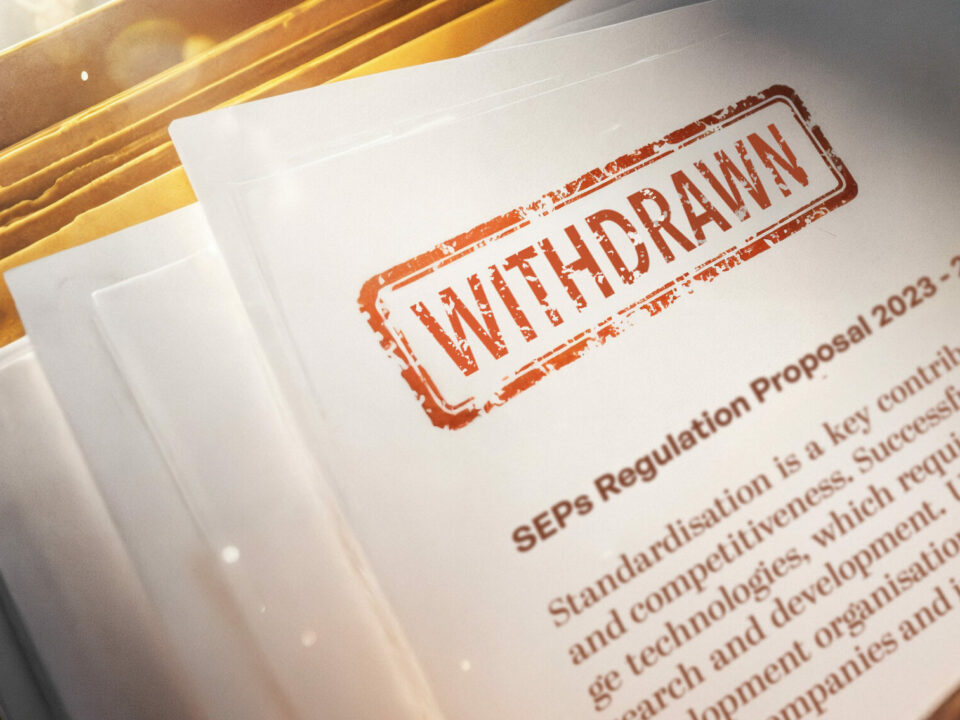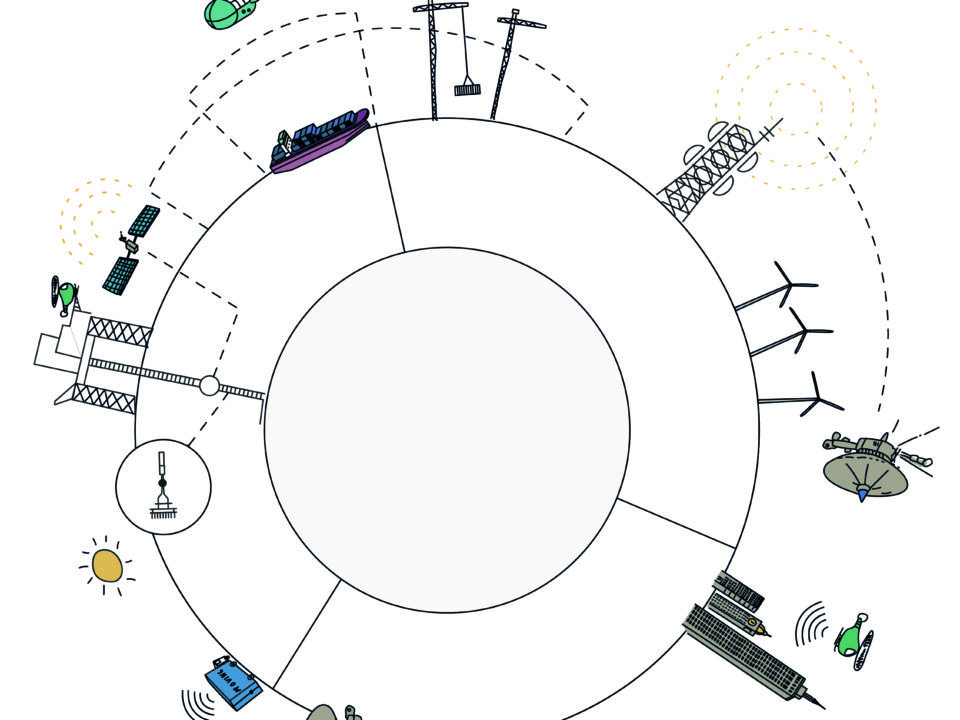Greenwashing
Climate change is one of the defining challenges of our times. The imperative to improve the way that we collectively treat our planet has spawned a variety of ‘green’ political parties and action groups to mobilize our response to climate change. This is truly a movement and one that will define our generation. As with any movement, there are many true believers but also those who invoke the movement to advance unrelated agendas. The term ‘greenwashing’ has been coined to describe those who wrap themselves in a cloak of green to advance their otherwise non-green agendas.
Wikipedia describes greenwashing in the following manner:
Greenwashing (a compound word modelled on “whitewash”), also called “green sheen”, is a form of marketing spin in which green PR and green marketing are deceptively used to persuade the public that an organization’s products, aims and policies are environmentally friendly. {citations omitted}
The debate surrounding SEPs is no exception to greenwashing. ESMIG is a trade association that represents the European smart meter industry. Their goal is to make “energy cleaner, more affordable and more reliable.” So far, so good. Smart meters clearly have a role to play in improving energy efficiency.
ESMIG worries about a level playing field noting that European companies face unfair competition from foreign companies supported by state subsidies. Here are some of the risks they highlight as quoted from their position paper, Fair Competition in the Energy Sector:
- Risk of compromising Europe’s strategic autonomy: depending on non-EU technology and solution providers can have serious consequences for the complex value chain in our sector. Communication technology is essential for smart metering and the energy transition success and is also at the heart of geo-political tensions. Europe needs to adopt policies that mitigate the risk linked to communication technology supply chains and security.
- Risk of losing global leadership in energy infrastructure and smart energy solutions: Europe is a world-wide leader and standard setter in an innovative industry which is a key enabler for the cost-efficient dual green and digital transformation.
- Risk of technology deficit: with certain industries leaving the EU, Europe will become completely dependent on third countries.
These are legitimate concerns, ones faced by a variety of European technology leaders, and policy makers should take note of them.
But greenwashing is not beyond the pale for ESMIG. In a recent position paper they suggest that failing to adopt an untested, inefficient and impractical license-to-all regime for SEPs could endanger “the entire clean energy transition”. Let’s take a closer look at this bold claim.
5G is indeed recognized by the European Commission as a key element of a green recovery. This is because ubiquitous communication allows resources to be used more efficiently. And when devices, like meters, are made ‘smart’, efficiencies are gained. Just imagine the resources that are saved when human meter readers do not need to be sent to record data from every home. And imagine the efficiencies in design and production when such smart meters can use a single networking standard to communicate regardless of the country in which they are sold.
So, it is clear that 5G is important to both Europe’s green agenda and to the smart meter industry. So why does ESMIG say that SEPs threaten the “entire clean energy transition”? Put simply it is because their original business model didn’t properly factor in the costs of patent licenses needed to conduct business without infringing third party patent rights. Perhaps an oversight or perhaps license evasion, but in any case, they do not want their cost model now to include realistic license fees. ESMIG complains that unless the licensing regime that fostered the growth of smartphones is completely overturned, “it will lead to higher smart meters prices” and that “consumers will have to bear the cost increase.”
The users of cellular technologies are asked to pay a modest cost to implement a revenue generating and cost saving technology that others have spent billions to develop. That modest cost will vary from product category to product category, taking into account the value it generates. But in all cases, it is meant to bring fair and reasonable compensation to the technology contributors to enable continuing development of the technology.
So why does ESMIG complain about the modest costs of a SEP license? Because their members don’t want to pay for the technology. As noted in this post, a defining feature of cellular technology is that it is an open standard publicly available for companies to implement. Since they already have the technology, implementers are eager to avoid any licensing costs no matter how modest.
It is not surprising that ESMIG tries to use the green agenda to avoid the cost of a SEP license. EMSIG has already stated that it is their goal, together with organizations like the Fair Standards Alliance, is to avoid taking licenses from patent holders. See more here. But it should be clear, as explained above, that ESMIG’s real goal is more about license fee evasion than burnishing its green bona fides.
Cellular technology provides tremendous benefits to society and does indeed advance the green agenda. SEP licensing meants that cellular technology is constantly evolving, as licensing fees are reinvested into the next generation of connectivity solutions that will benefit all. Policy makers should not undermine the proven SEP licensing regime, which has made smartphones ubiquitous to the advantage of both consumers and the many smartphone makers that have come into the market.



